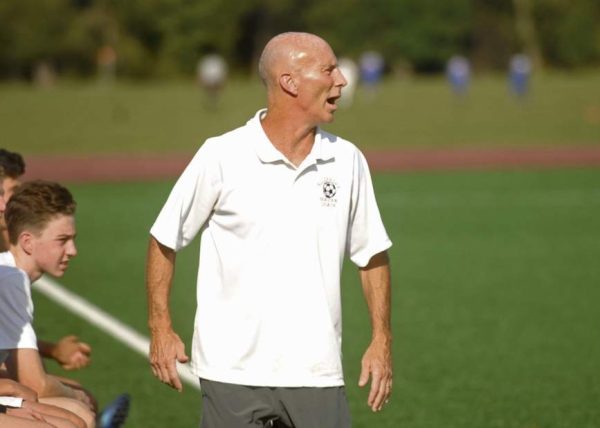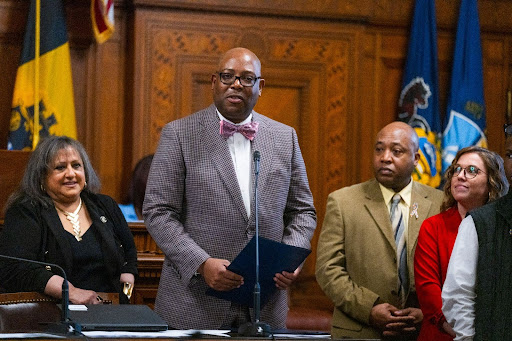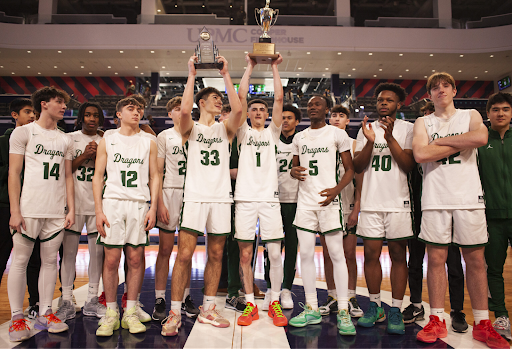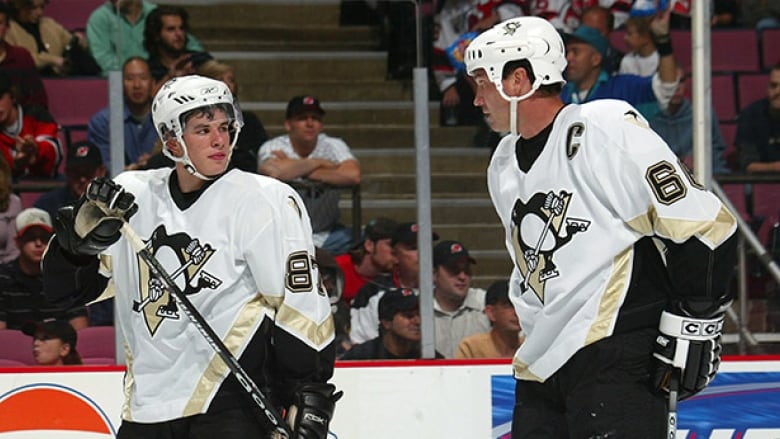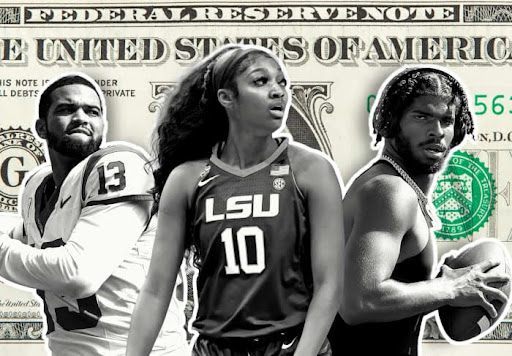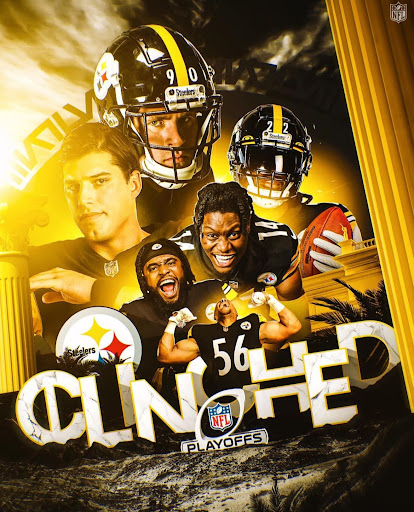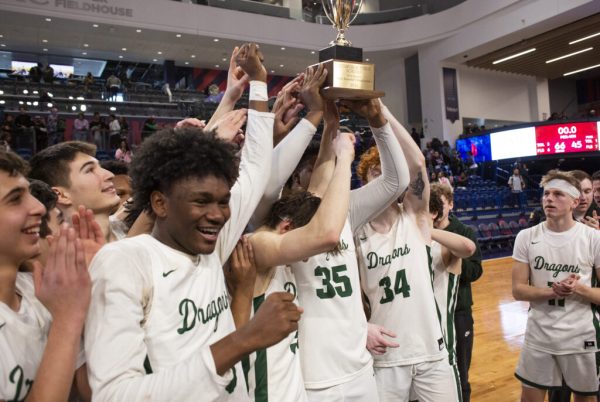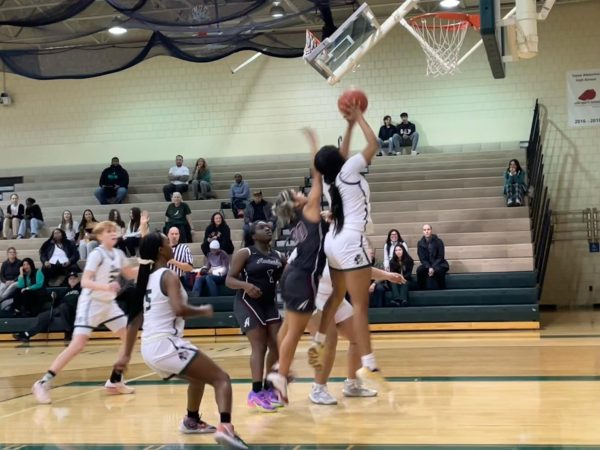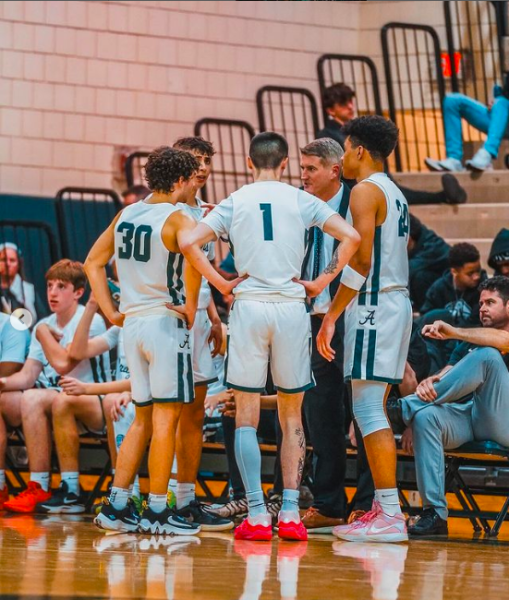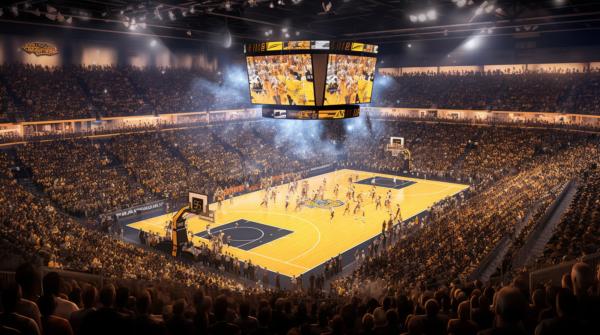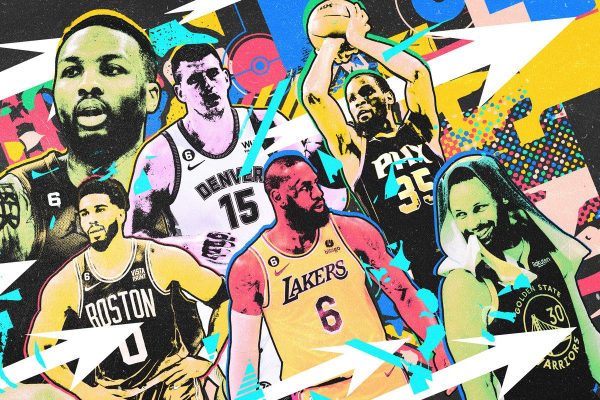Remembering The 2005-06 Penguins: The Last Penguins Team To Miss The Playoffs
For the first time in 16 years, the Pittsburgh Penguins failed to qualify for the Stanley Cup Playoffs. The streak was the longest active playoff streak among major North American pro sports, and the Penguins’ tumble out of contention has already sent shockwaves through the organization.
But as the Penguins hit the golf course for the first time in a decade and a half, some fans (yours truly included) might not be old enough to remember the last time a Penguins team missed the postseason.
To go back to the last time the Penguins missed the playoffs, we have to go all the way back to a team that still had Mario Lemieux on the roster.
Let me say that again: Mario effing Lemieux was still on the team the last time the Penguins missed the playoffs.
So let’s travel back in time together, shall we?
The year is 2005. Coming out of the lockout which wiped out the entire 2004-05 NHL season, Penguins general manager Craig Patrick sat in the Westin Hotel in Ottawa, home of the extremely paired down 2005 NHL Entry Draft, holding a draft pick that would alter the franchise history of the Pittsburgh Penguins forever.
The Penguins, winners of the 2005 draft lottery, owned the first overall pick in the draft that had commonly become dubbed as “The Sidney Crosby Sweepstakes.”
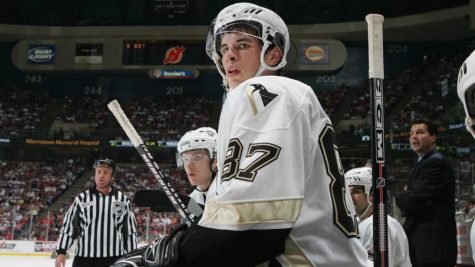
Crosby, at the time he was drafted by the Penguins, was joining a franchise on life support. Player and now owner Mario Lemieux was pouring money into the team with the hope of keeping the team in Pittsburgh, a goal that would prove difficult.
Lemieux had been unsuccessfully lobbying the city for a new arena, and the threat of the team becoming the Kansas City Penguins started to loom large.
Crosby was joining a roster that had several high draft picks that the Penguins hoped could help turn the team around.
Forward Colby Armstrong (21st overall in 2001), defenseman Ryan Whitney (5th overall in 2002), and goaltender Marc-Andre Fleury (1st overall in 2003) all had prominent roles on the team in 2005-06, while the Penguins still awaited additional support in the form of Evgeni Malkin (2nd overall in 2004), who was still stuck in Russia at the time.
But the Penguins also had several veterans on the team as well. Sergei Gonchar and Ziggy Pálffy helped anchor the blue line, while Mark Recchi and the aforementioned Lemieux brought experience to the forward core.
In net, the Penguins saw three goaltenders start in at least one game for the team that season, but none could muster better than a .900 save percentage or a goals against average under 3.20.
Marc-Andre Fleury split the season between the NHL and AHL, but appeared in 50 games for the Penguins, sporting a .898 save percentage and a 3.25 goals against average.
Fellow youngster Sébastian Caron and veteran Jocelyn Thibault split the rest of the games, but neither could put up better numbers behind a defense that ranked dead last in the league for goals against.
The 2005-06 season opened with 9 straight losses, before finally winning on October 25th at home against the Atlanta Thrashers.
The season was the ultimate changing of the guard for the Penguins, but no night could better exemplify that change than November 10th, 2005.
At home in the old Igloo in Pittsburgh, Lemieux was hit in the face by a high stick in the first period. He immediately fell to the ice, and a trainer rushed to attend to him. Lemieux received a standing ovation when he got back to his skates, and almost immediately later, Lemieux scored a goal, assisted by Ziggy Pálffy and Ric Jackman. It was unknowingly the last goal of Lemieux’s NHL career.
The Penguins let a 2-0 lead slip away, and the game eventually went to a well drawn out shootout. Goaltender Jocelyn Thibault went a perfect three for three on saves, and after Mark Recchi and Mario Lemieux failed to score, Sidney Crosby stood with a chance to win the game with a goal.
Crosby skated down the ice and sniped a beautiful backhand shot to the top of the net, knocking off the water bottle in the process.
It was one of the few wins the Penguins would see that season.
A few weeks later, with the Penguins standing at 8-17-6, the Penguins parted ways with head coach Eddie Olczyk and brought in Michel Therrien, but Therrien wouldn’t be able to turn the season around much, with the Penguins going 14-29-8 during his abbreviated first season as head coach.
Olczyk wasn’t the only mid-season departure, however. After learning he had atrial fibrillation, captain and franchise savior Mario Lemieux was forced to retire for the second time on January 24, 2006.
“If I could still play this game I would be on the ice,” Lemieux said as he announced his retirement. “This is it, and it hurts.”
Lemieux hadn’t played in a game in over a month at the time of his announcement. New head coach Michel Therrien coached his first game as Lemieux was unknowingly playing his last, a game against the Buffalo Sabres in Pittsburgh. Lemieux recorded an assist in that game, a 4-3 overtime loss for the Penguins.
As one would expect, the season certainly didn’t get any better after Lemieux’s retirement. The Penguins experienced a plethora of losing streaks both before and after Lemieux’s departure that would define their season.
Pittsburgh would finish with a record of 22-46-14 for 58 points, which was last place in the Atlantic Division and the Eastern Conference.
Overall, they were 29th out of 30 teams in the league, finishing just one point above the St. Louis Blues.
Despite the Penguins’ brutal season, 18 year old Sidney Crosby torched the league, scoring 102 points in his rookie season in the NHL, and his excellence helped fuel optimism for the seasons beyond. He finished 44 points ahead of the second-highest Penguin, Sergei Gonchar.
Crosby finished 6th in the league in points, but would lose out to Washington Capitals forward Alex Ovechkin (who tallied 106 points) for the Calder Trophy, given to the league’s best rookie.
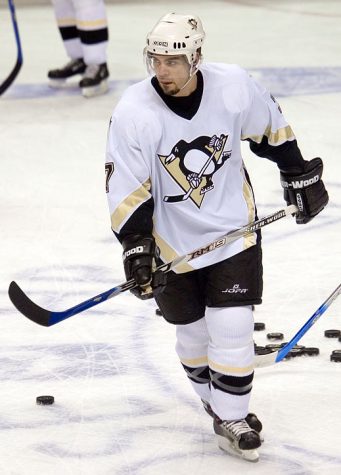
As for other members of the Penguins roster, veterans mostly led the way in the points department. Four of the top six in points for the Penguins were 31 or older. Most notably, 37 year old Mark Recchi put up 57 points in 63 games, and 36 year old John LeClair tallied 51 points in 73 games.
Despite only appearing in 26 games that year, Lemieux ranked 12th on the team with 22 points.
But some of the Penguins’ young players had success as well.
Colby Armstrong put up 40 points in 47 games, and Michel Ouellet tallied 16 goals and as many assists in 50 games.
However, none of the four players mentioned above would spend much more time with the Penguins.
LeClair would retire after the 2006-07 season. Recchi would be claimed on re-entry waivers (a relic of the NHL’s prior CBA) by the Atlanta Thrashers in December of 2007.
Ouelett would sign as a free agent with the Tampa Bay Lightning in 2007, and Colby Armstrong would be part of a package sent to Atlanta for Marian Hossa at the 2008 trade deadline.
The 2005-06 season would give the Penguins the second overall pick in the upcoming 2006 Entry Draft, which they would use to select forward Jordan Staal.
This season would mark the end of a chapter of struggles in Penguins history. The following season, Evgeni Malkin would finally arrive from Russia, and the Penguins could make the playoffs for the first of 16 consecutive seasons, which sadly came to an end in 2023.
Crosby, named the team’s first captain after Lemieux at only 20 years of age in 2007, would lead the team to three Stanley Cups during that run.
Jordan Staal, while he was taken ahead of names like Jonathan Toews, Nicklas Backstrom, and Phil Kessel, would play a pivotal role in Pittsburgh’s Stanley Cup victory three years later in 2009.
Check out more of the Remembering series:
Alex Kiger is a Senior at Pittsburgh Allderdice High School. He is the Sports Editor at The Foreword from 2021 to 2023. In his free time he can often be...

